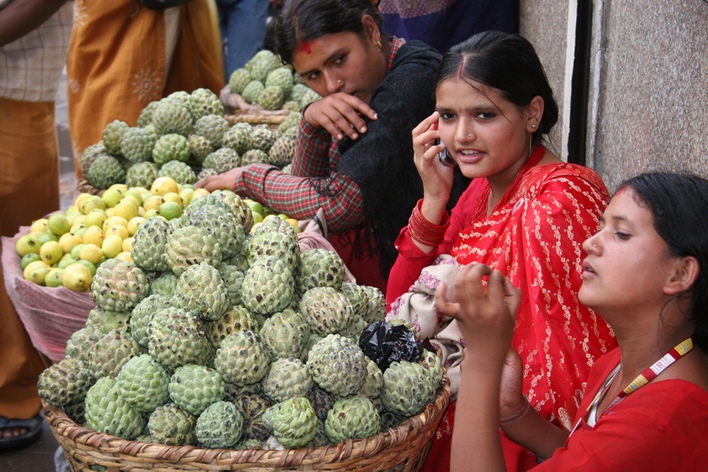
Telecom network operators such as Bharti Airtel, Idea Cellular, Vodafone, Reliance Communications, BSNL, Aircel, Telenor, etc. have not yet started following TRAI’s call drop compensation policy from January 1.
This means, India’s 900 million plus mobile subscribers will not be paid for poor quality services offered by Indian telecoms.
Mobile operators say they will pay the compensation to subscribers only after the Delhi court orders them to do so. Interestingly, the Delhi court did not ask the Telecom Regulatory Authority of India (TRAI) to put the call drop compensation policy on hold.
TRAI has submitted before the court that it will not take coercive action against telecom operators till the next date of hearing on January 6.
The Chairman of TRAI has earlier clarified that the regulation will come into effect from January 1, 2016.
TRAI has approached all telecom operators reminding about call drop regulations with expectations that they have put all mechanisms in place to comply with them.
According to an amendment in the Telecom Consumers’ Protection Regulations on October 16, 2015, mobile service providers need to compensate subscribers for call dropped or automatically disconnected due to technical glitches in their network.
The rules mandate telecom operators to provider Re 1 compensation for each call dropped, with a compensation cap of Rs 3 per day.
“The matter is sub-judice and we will compensate consumers when the court directs us to do so,” the Association of Unified Telecom Service Providers of India (AUSPI) Secretary General Ashok Sud told PTI.
COAI Director General Rajan S Mathews said: “Any coercive action for us means to even comply with the regulation. As of today our telecom operators are not ready to implement it because of various complexities that we brought to the notice of the Court.”
Telecom operators have submitted before the court they will end up paying around Rs 1,000-1,500 crore if the penalty is levied. According to TRAI, the maximum outgo under the rule in a year would be around Rs 800 crore if networks are not improved.
In the recent months, many telecoms have started discussing about the setting up new cellular towers to improve QoS.





